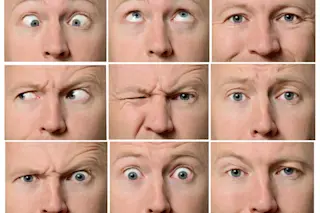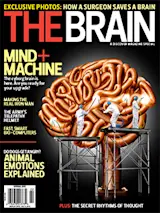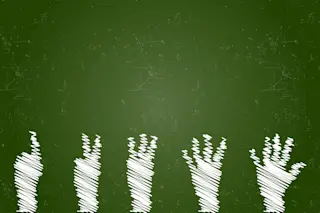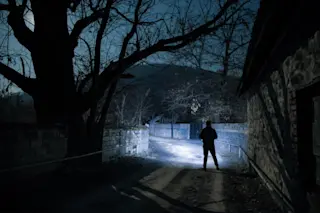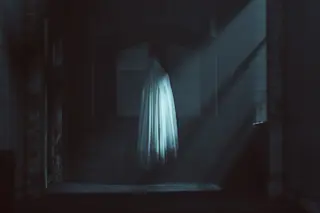Most of us have a powerful ability to recognize faces, and yet we hardly ever take note of it. We can commit a face to memory with a single glance, and even if we see that face only once its memory can stay fresh for years. The faces we remember may differ only in subtle tweaks of geometry: the ratio of distances between the eyes and the mouth, for example.
A small fraction of people, however, cannot recognize faces—even the faces of their parents, spouses, and children. Prosopagnosia, as this condition is known, can affect people from birth or be triggered later in life by injuries to the brain. It strikes an estimated 2 percent of Americans and is often accompanied by other types of recognition impairments, including difficulty recognizing places and objects, such as cars.
Despite the millions of people who suffer from prosopagnosia, it remains an obscure disorder, ...


